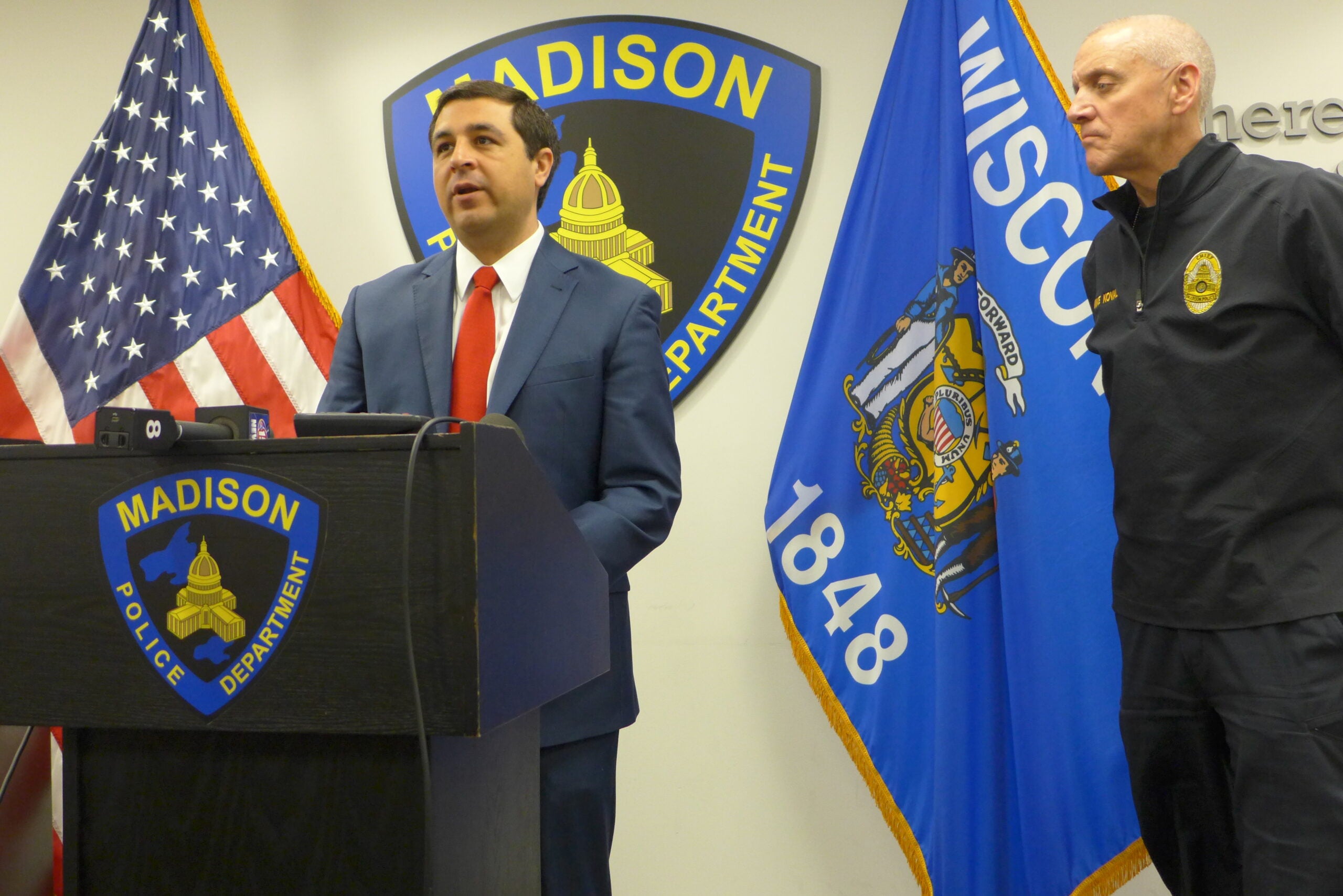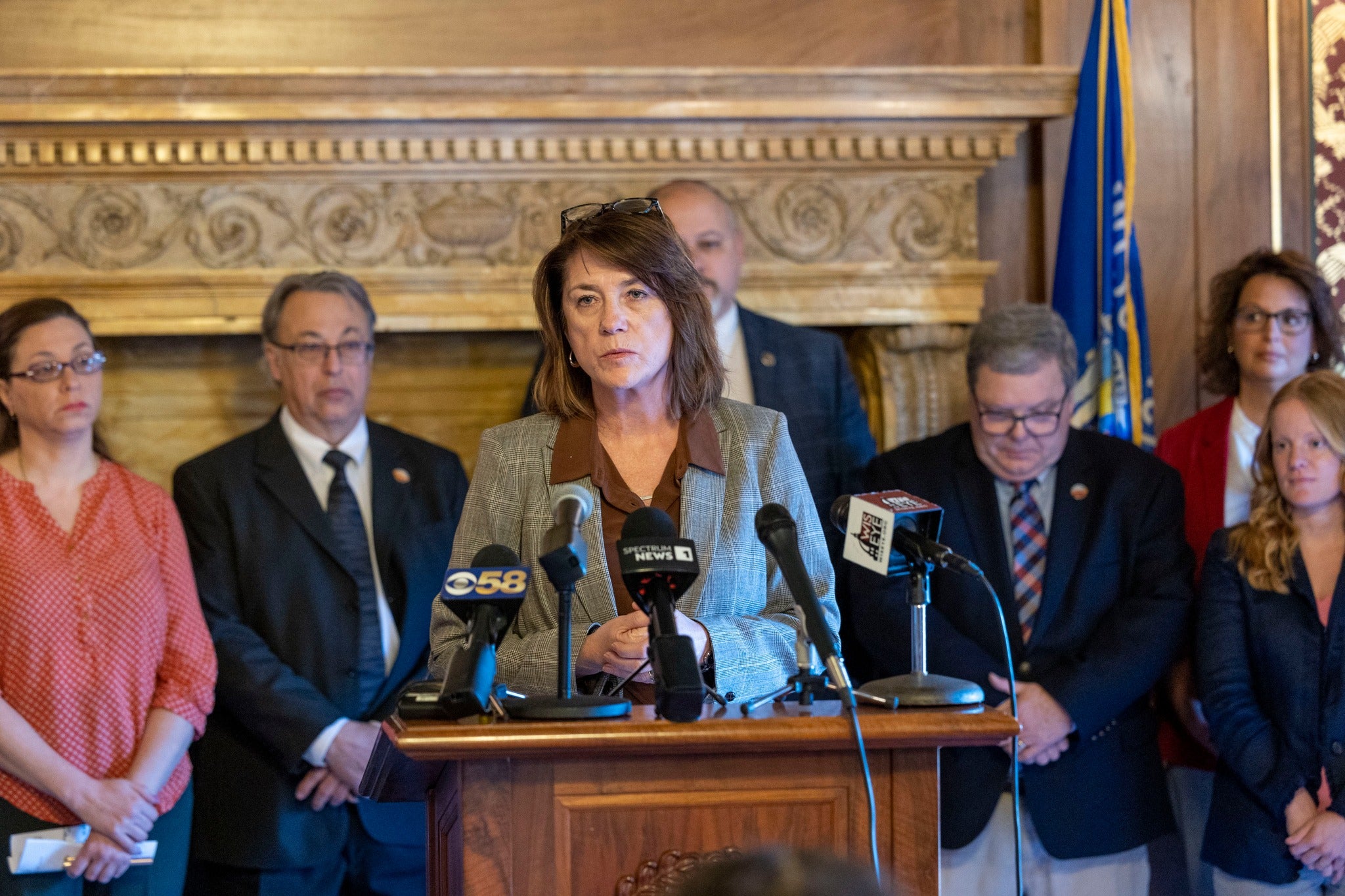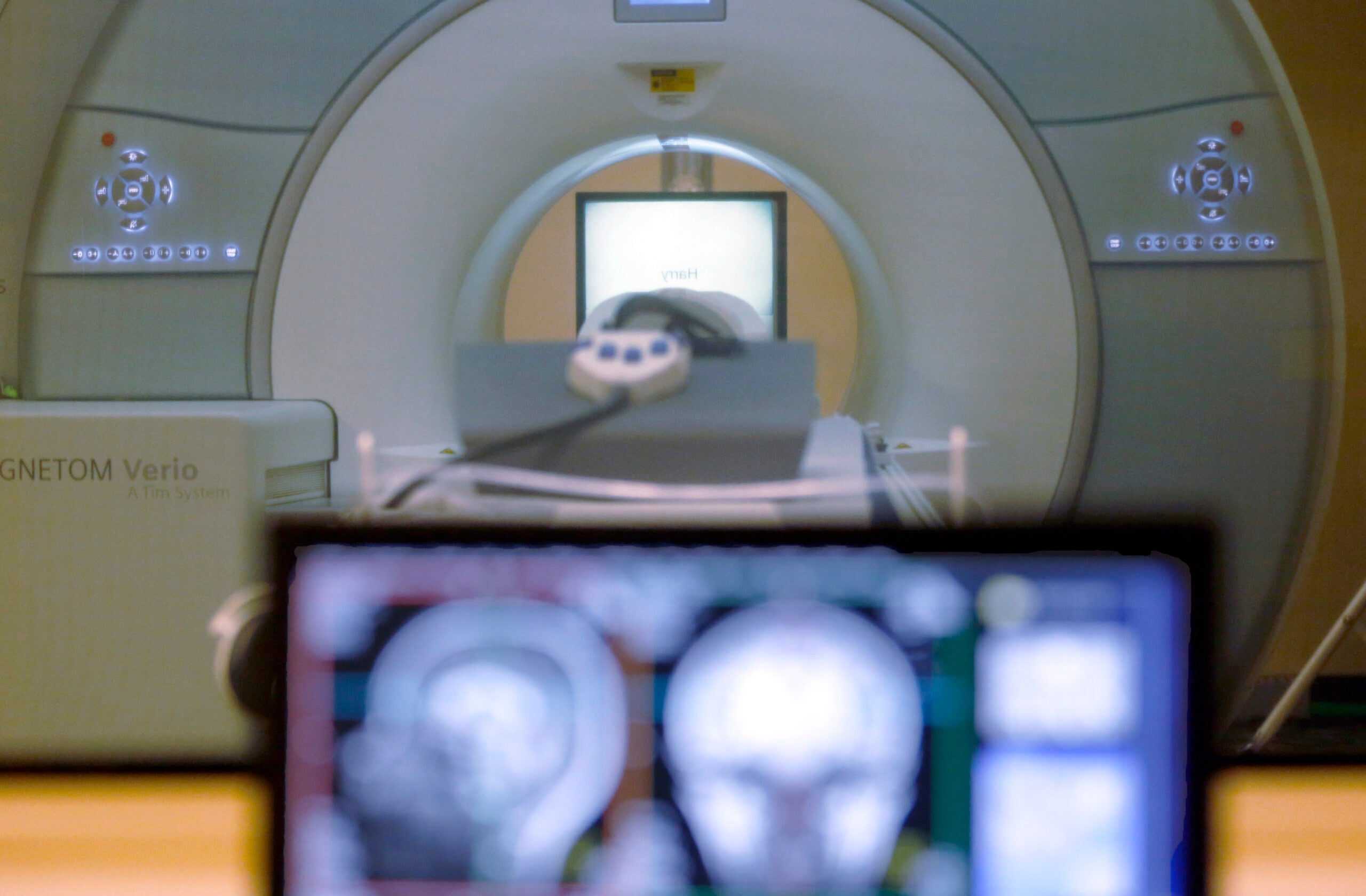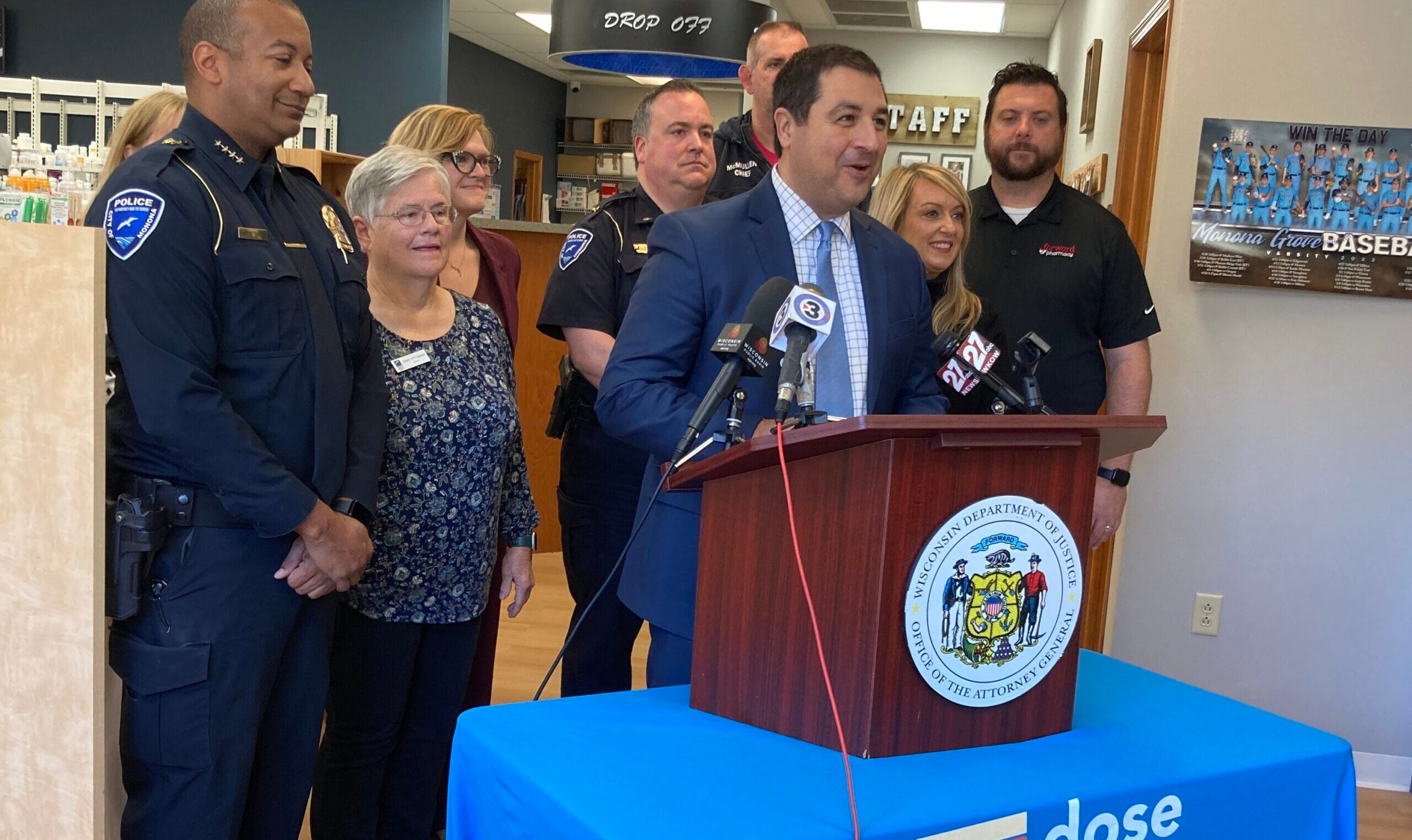Many medicine cabinets across the United States contain pain pills a doctor prescribed for a tooth extraction or bad back. Now law enforcement wants those leftover prescriptions so they aren’t abused or sold.
On Tuesday, Wisconsin Attorney General Josh Kaul reminded citizens about Drug Take Back Day at a press event with Madison Police Chief Mike Koval at the police department. People can dispose of unwanted and unused medications Saturday at various locations around the state.
People can also give up unwanted prescriptions all year long at many pharmacies and police stations, but the Drug Take Back Day is a way to underscore the nationwide effort to get pills out of places where they could be discovered by children or stolen by those with substance abuse problems. People can call their local police department or go online to find drop-off sites for unwanted medication.
News with a little more humanity
WPR’s “Wisconsin Today” newsletter keeps you connected to the state you love without feeling overwhelmed. No paywall. No agenda. No corporate filter.
“The trajectory has been that there’s been a much broader use of disposal boxes,” Kaul said. “They’re much more widely available than they used to be.”
In 2015, Wisconsin Public Radio detailed the barriers to year-round collection efforts by pharmacies. That was before the state’s public awareness campaign Dose of Reality. At the time, there were 152 permanent drop boxes at police stations and pharmacies. Since then, the number of drop boxes has grown to more than 419, according to the state Department of Justice.
Safe disposal not only helps prevent drugs from being diverted but keeps them out of the groundwater after people flush them down the toilet or put them in the trash. Neither is recommended.
“A lot of water filtration systems are not equipped, they’re not prepared, they do not have the science to fully break down those compounds adequately,” said Koval, who noted 26,000 pounds of medication have been collected since 2011 in police department drop boxes.
Prescriptions drugs are blamed for fueling the opioid epidemic and were blamed for more than half of the state’s overdose deaths in 2015.
On Wednesday the U.S. Food and Drug Administration will announce the launch of a new public education campaign to encourage safe disposal of unused opioid pain medicines.
Kaul is making appearances in Madison, Green Bay and Milwaukee to urge people to properly dispose unused medication.
Wisconsin Public Radio, © Copyright 2026, Board of Regents of the University of Wisconsin System and Wisconsin Educational Communications Board.







